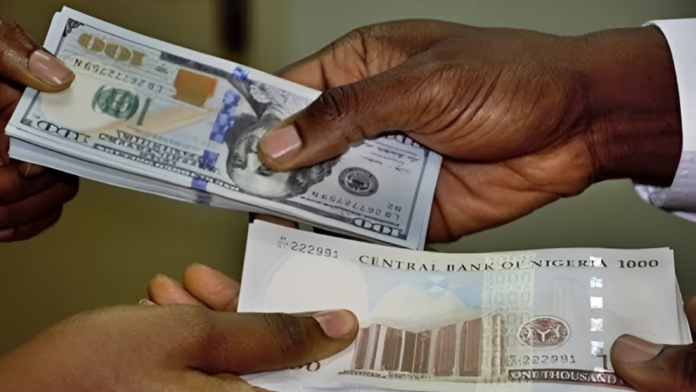The naira is forecasted to depreciate to ₦1,993 against the United States dollar by 2028, posing a significant challenge to Nigeria’s pharmaceutical industry, particularly in importing essential medical devices, a new report by BMI, a Fitch Solutions subsidiary, has revealed.
In the report titled “Weak Naira and Structural Challenges to Constrain Nigeria’s Medical Devices Market Growth,” BMI projected that despite an anticipated rebound in the economy, Nigeria’s medical devices sector will face operational and demand challenges in the near term.
The report noted that Nigeria relies on imports for over 95 per cent of its medical devices, making it vulnerable to fluctuations in exchange rates, according to The Punch.
“Continued weakness of the naira will increase medical device import costs and erode consumer purchasing power. Similar to other markets in sub-Saharan Africa, Nigeria heavily relies on medical device imports, with reliance of over 95 per cent.
“We expect that the naira will end 2028 at N1,993/$ from N306/$ in 2018. As the naira weakens, the cost of importing medical devices will continually increase, eroding both the health system and patient purchasing power especially to invest in essential medical technologies given underfunding of the public health sector.
“This would particularly affect high-cost demand for devices such as diagnostics, orthopaedics and dental products. On the export front, a weaker naira will enhance the competitiveness of locally manufactured medical devices, fostering growth in the sector,” the report stated.
While a weaker naira could enhance the competitiveness of locally manufactured medical devices, BMI highlighted persistent barriers to local production.
These include a scarcity of skilled labour, limited access to modern technology, and inadequate infrastructure, which continue to undermine manufacturing efforts despite government incentives.



